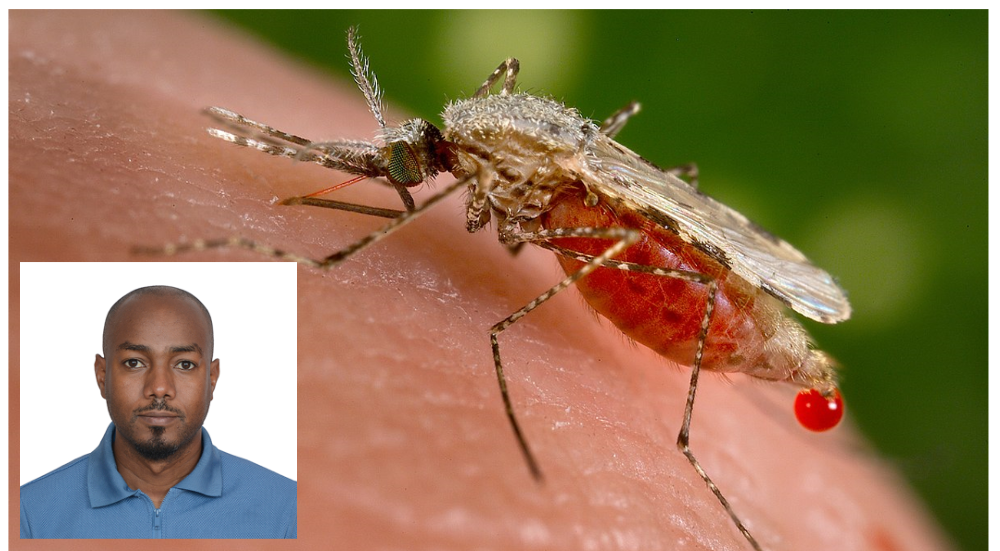
GROUNDBREAKING: Ifakara, partners launch major initiative to combat malaria

Dar es Salaam, Tanzania – In a groundbreaking effort to tackle the rising threat of anopheles stephensi, the Ifakara Health Institute proudly announces the launch of the "Comprehensive Assessment of the Biology and Public Health Importance of Anopheles stephensi in Africa" (AnoSTEP – AfriKa Project).
Funded by the Wellcome Trust, this ambitious project will be led by Dr. Samson Kiware of the Ifakara Health Institute, with critical collaboration from leading scientists across Africa and the United Kingdom.
Targeting “anopheles stephensi”
Over the past decade, anopheles stephensi, a malaria vector traditionally found in South Asia and the Middle East, has been identified in several African countries, including Djibouti, Ethiopia, Sudan, Somalia, Nigeria, Kenya, and Ghana. Its presence in these regions presents a new challenge for malaria control efforts, particularly in urban and peri-urban areas where it thrives.
The AnoSTEP – AfriKa Project seeks to evaluate the role of the vector in malaria transmission relative to indigenous vectors, providing a comprehensive analysis across diverse ecological zones. The project will assess the bionomics and transmission dynamics of the vector in various ecological settings, aiming to identify factors driving the invasion of this vector in African countries.
By strengthening the evidence base, the project seeks to understand its impact on malaria transmission and burden. Furthermore, it will develop targeted response strategies and guide innovations in vector control and research, thus addressing the growing challenge posed by this invasive species.
Four African countries onboard
The project will be conducted in collaboration with four African institutes—Nigeria Institute for Medical Research (Nigeria), Kenya Medical Research Institute (KEMRI), Armauer Hansen Research Institute (Ethiopia), and Djibouti National Molecular Biology Laboratory (Djibouti)—alongside National Malaria Control Programs in the participating countries.
Additional support to implement the project will be provided by UK institutions, including the Wellcome Trust Sanger Institute, University of Glasgow, and University of Lancaster. This collaboration will enhance the capacity for high-quality research and the development of innovative solutions to tackle the malaria threat posed by anopheles stephensi.
Partners will work up to end of 2028
The AnoSTEP – AfriKa Project will span four years, from January 2025 to December 2028, with a total funding award of £5,006,634.41 (approximately TZS 15.7 billion). This substantial financial support underscores the importance of the project and its potential impact on malaria control and eradication efforts across the African continent.
Through the AnoSTEP – AfriKa Project, Ifakara and its partners aim to generate critical insights and solutions to mitigate the public health threat posed by anopheles stephensi, contributing significantly to the global fight against malaria.
>> Read full project summary, here.
